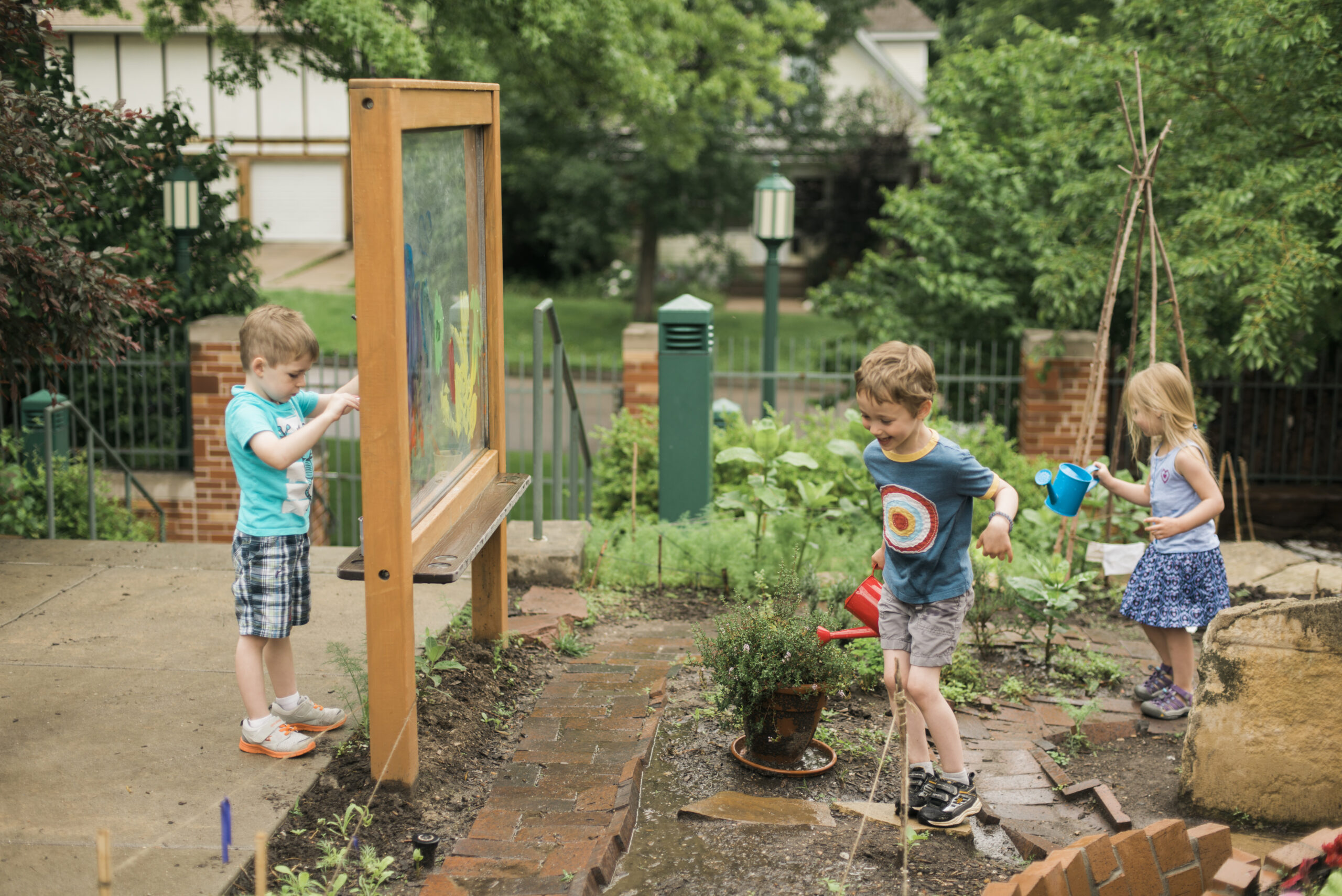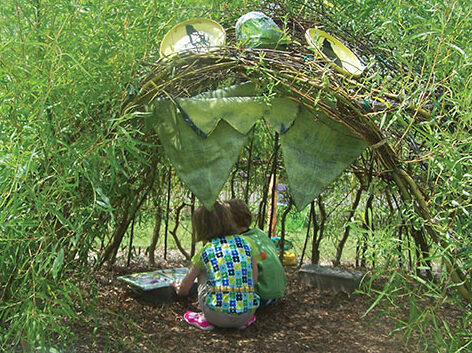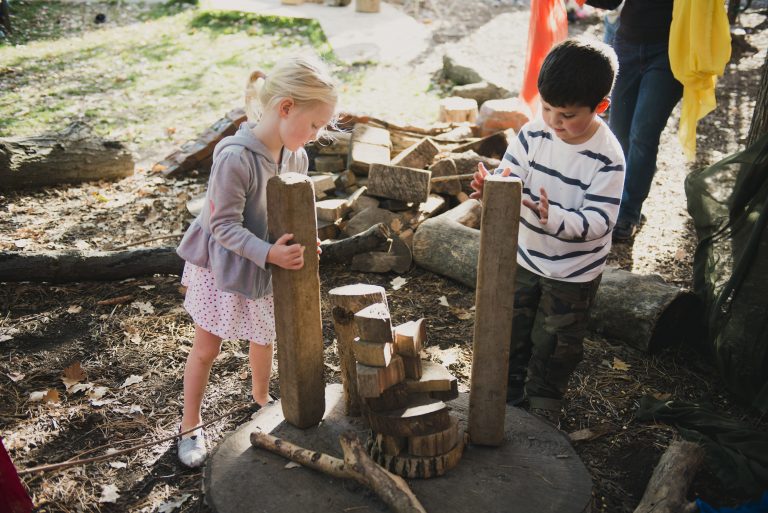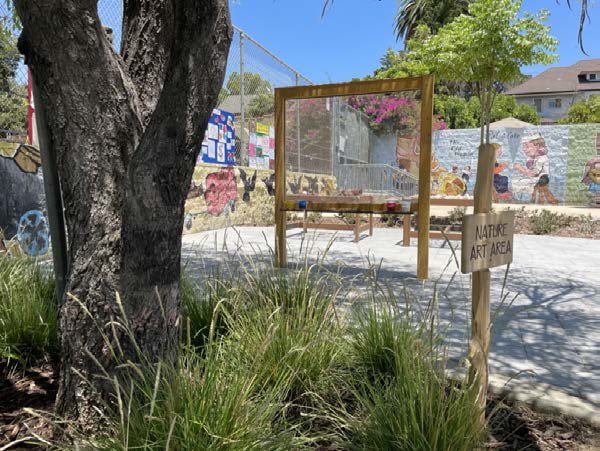The National Natural Outdoor Classroom Study was conceived through a partnership between Nature Explore, The Outdoor Classroom Project, and the Environmental Design Lab in the Department of Planning and Landscape Architecture at the University of Wisconsin-Madison.
The goal of the project was to conduct a survey with educators and administrators who work with children in natural outdoor classrooms to examine educators’ observations and perceptions related to supporting children’s social, emotional, cognitive and physical development; educator perceptions of their own experiences in the outdoor classroom; and administrators’ perceived value of natural outdoor classrooms for their programs. As a follow-up to pilot research conducted in 2014, the largerscale initiative studied the efficacy of nature-based outdoor classrooms in delivering whole-child learning, specifically in supporting children’s initiative, creativity, skill-development, healthy eating, social-emotional development and environmental stewardship.
Nature Explore and the Outdoor Classroom Project are among the organizations at the forefront of the movement to create nature-based learning environments in early childhood settings. At the time of the study, hundreds of outdoor classrooms had been built using their evidence-based guiding principles. This 2014 post-occupancy study examined the extent to which these spaces produced their intended outcomes
Conducted at two separate natural outdoor classrooms with preschool-aged children, this qualitative research study analyzed teachers' documentation to learn how outdoor environments supported children’s creativity and imagination around the themes of time, space, materials, and adult-child relationships.
This focus group study conducted in Los Angeles highlights how nature-rich outdoor classrooms benefit parents, teachers, school principals, and design teams in supporting young children.





